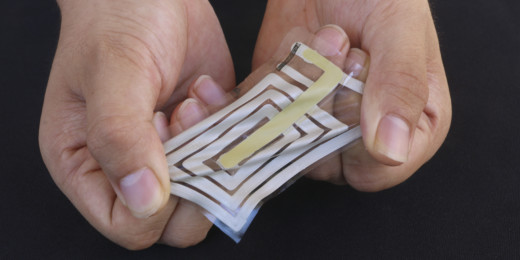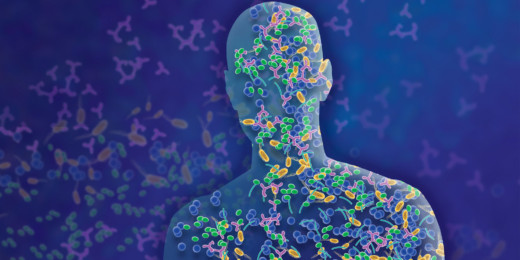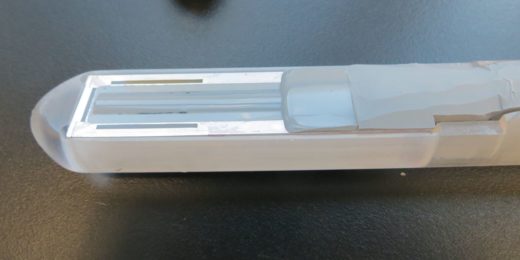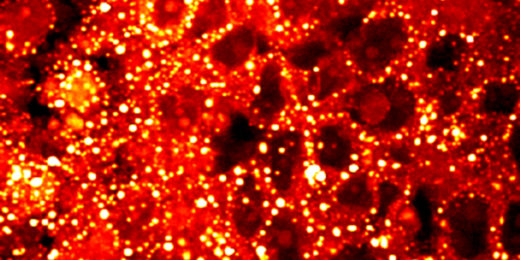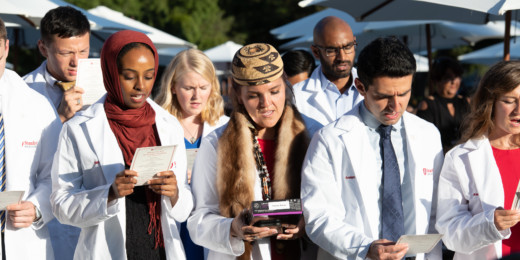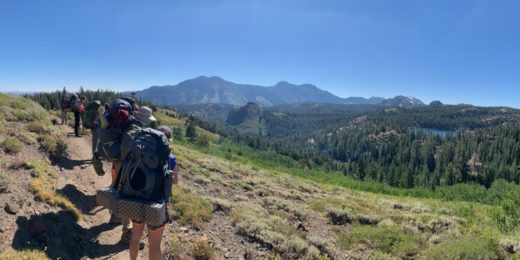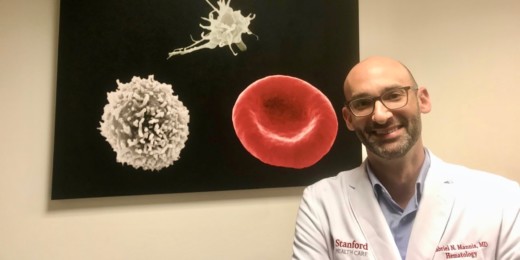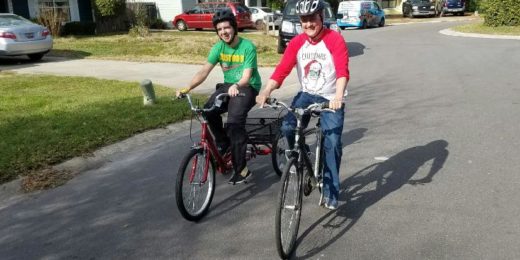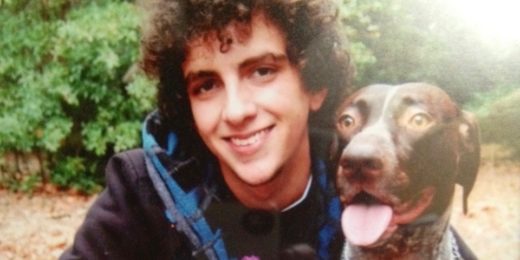A new wireless system developed by Stanford engineers detects health indicators like pulse and respiration from the skin via wearable stickers.
Month: August 2019
Demystifying Heart Failure: “Hold the salt” and other healthy eating habits
This installment in the Demystifying Heart Failure series provides dietary guidance for those with heart failure as well as for those hoping to prevent it.
Do probiotics live up to the hype? Part II
The conclusion of this series examines the benefits, and drawbacks, of probiotics. Stanford researchers clarify whether probiotics really improve health.
Prostate-imaging camera captures molecular detail to detect cancer
A team of Stanford scientists have devised a new imaging technology that harnesses ultrasound and photoacoustics to detect prostate cancer earlier.
Do probiotics live up to the hype? Part I
This two-part series examines the benefits, and drawbacks, of probiotics. Stanford researchers clarify whether probiotics can really boost your health.
Lucy Kalanithi shares her daughter’s take on life and death in a new podcast
In a new storytelling podcast, Lucy Kalanithi shares what her daughter has taught her about life, death and the beauty of seeing things just as they are.
Pesticide exposure linked to brain activity differences in adolescents, study finds
Teenagers exposed to common agricultural pesticides before birth had distinctive reductions in certain types of brain activity, a new study has found.
“Addicted to fat” — cancer cells need a steady supply to grow
The Myc oncogene helps cancer cells stockpile the fat, or lipids, necessary for rapid growth. Blocking this activity causes human tumors in mice to shrink.
Scientists zero in on cancer treatments using CRISPR
Scientists have used CRISPR-Cas9 gene editing technology to decipher the genes critical to the success of a type of cancer drug, antibody-drug conjugates.
Students from far and near begin medical careers at Stanford
Stanford welcomed 90 new MD students and 28 PA students during ceremonies this week. The students received words of wisdom, white coats and stethoscopes.
Kicking off med school by camping in the high Sierra
Incoming first-year Stanford medical students got to know each other and spend time hiking at a pre-orientation camping trip in the Sierra.
Demystifying Heart Failure: Why does it develop?
In the fourth post in the Demystifying Heart Failure series, physician Randall Stafford and colleagues explain why the condition develops.
In the Spotlight: From Sesame Street to Stanford
In this In the Spotlight, hematologist/oncologist Gabriel Mannis talks about his passion for medicine and his experience working at Sesame Street.
One bicycle crash and six years of recovery: Part II
After a bike crash, Anthony Macchio-Young has emergency neurosurgery at Stanford. In the conclusion of this two-part series, he shares how he is doing now.
One bicycle crash and six years of recovery: Part I
After a bike crash, Anthony Macchio-Young undergoes emergency neurosurgery at Stanford. But that's only the beginning of his journey to recovery.
“Turning down the volume” of a faulty gene in heart disease
Scientists at Stanford use a gene therapy technique, called RNA silencing, to treat a heart condition called restrictive cardiomyopathy in mice.


